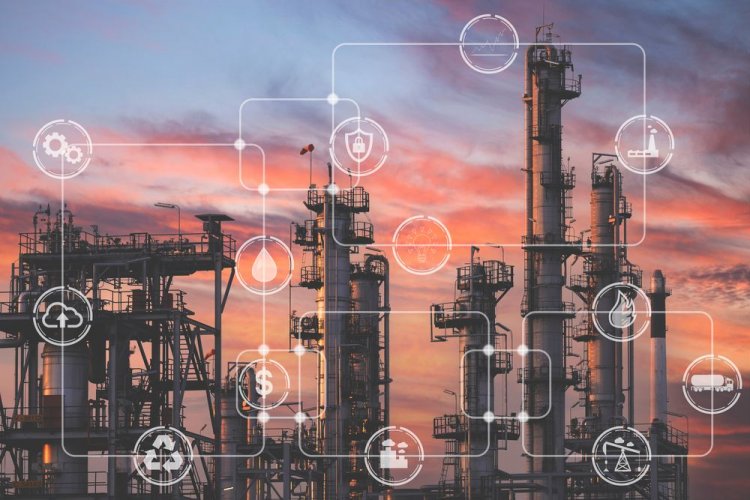Ukrainian exporters will face serious challenges in adapting to the new EU requirements for the Carbon Border Adjustment Mechanism (CBAM).
This expert opinion was voiced by Stanislav Zinchenko, Director of GMK Center.
This mechanism is expected to become fully operational in 2026, when importers will have to pay for CO2 emissions associated with the production of imported products. As EcoPolitics wrote earlier, more than 2.7 thousand Ukrainian companies are subject to the СВАМ when exporting goods.
However, Ukrainian steel companies will be hit hardest. The new requirements will simply bring them to their knees. Additional financial costs for the purchase of СВАМ certificates will amount to billions. Stanislav Zinchenko, head of an independent consulting company that works with steel companies, puts the figure at $1.4 billion.
What does Ukrainian business have to offer to avoid the depletion of the Ukrainian economy, which is already extremely weakened by the war?
- Activate the negotiations to agree on the approach to the СВАМ and hold relevant consultations with the European Commission. Cabinet of Ministers created working group as early as 2020, but there was never a single meeting within its framework. And constant negotiations and voicing of official positions regarding СВАМ are now extremely necessary.
- Conduct negotiations with the EU regarding the application of the declarative approach to goods imported from Ukraine and subject to the СВАМ. That is, Ukrainian producers will submit reports, but will not buy CBAM certificates. This will reduce the financial burden on business and help enterprises to accumulate resources for the partial recovery of the level of production that was affected as a result of military actions.
- The European Business Association has already presented its own proposals for the introduction of the Ukrainian Emissions Trading System (ETS) and its alignment with the EU ETS. It is proposed to replace the carbon tax in Ukraine and direct funds from the sale of carbon permits to support measures to reduce the carbon intensity of the production of companies that pay for these permits.
- The Ukrainian government, together with European institutions, should develop mechanisms that will allow Ukrainian enterprises to receive financing under decarbonization programs from European funds.
Therefore, the adaptation to the European environmental requirements should be gradual, balanced and thought out, and its optimal result is the achievement of mutually beneficial solutions that would correspond to the climate policy of the EU and Ukrainian aspirations for European integration.
Previously, EcoPolitic had already published analysts' forecasts regarding the risks posed by СВАМ for Ukraine.
We also posted the comment of Deputy Prime Minister Olga Stefanishyna regarding the procedure for the implementation of the EMS in Ukraine.





